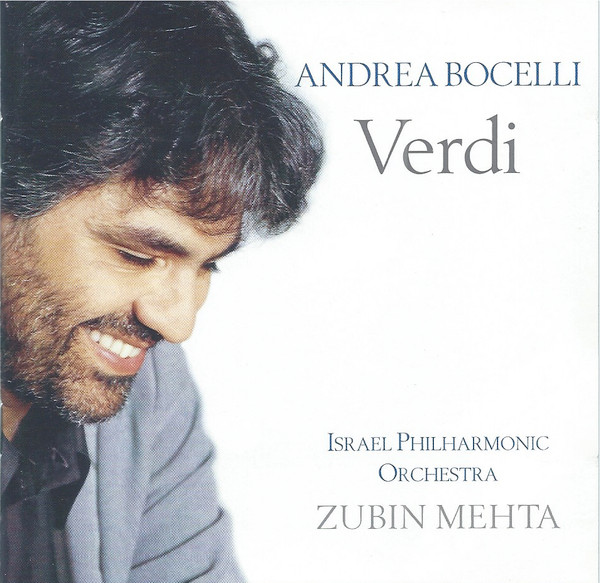GIUSEPPE VERDI
Don Roberts , January 2023
Described by Andrea Bocelli as his favorite tenor in the world of lyric music, guest at the world’s largest opera houses, the tenor Joseph Calleja is back with his new album »Verdi«, released by Decca Classics. On this album, Calleja delves into the bright and the dark side of Verdi’s heroic tenor roles, bringing to life Verdi’s most popular operas such as Aida, Don Carlo or Il Trovatore. He’s joined by the maestro Ramón Tebar and the dazzling Orquestra de la Comunitat Valenciana.
Calleja started singing at the age of 16, first in his church choir and then in formal training with the Maltese tenor Paul Asciak.
Among the arias from Il Trovatore, Don Carlo and Otello which can be found on this recording there is also “Celeste Aida” from the opening scene of Verdi’s Egyptian opera. Calleja’s new album also reflects his flourishing live career. Each of these roles highlights the tenor “Robusto” as the vocal type of an opera hero and shows Calleja’s vigorous but melodic voice.
The understanding between Calleja and Tebar is extraordinary and that’s even more valuable in a very popular and important repertoire for the tenor, which today is considered one of the five most acclaimed in the world.
The tenor glows commanding a program of great complexity due to the demanding level of the repertoire. His voice sounds smooth and natural, with vibrant squillo, marked expressiveness, conviction and very deeply moving, with a range of interpretive resources that goes from emotional subtlety to the unnerving emotion.
Joseph Calleja shows once again in this Verdi recital that he is a remarkable actor, playing on a subtle and very embodied articulated style.
The tone of Calleja in the Opening of Radames possesses a charming legato, and a finely vibrato meticulously controlled. We can almost see the Egyptian general who certainly victorious would also want to reach the heart of his secretly beloved Aida… Calleja’s voice is highly distinctive especially for this “old school” timbre, that of the tenors of the early twentieth, the color of feeling, rather than trumpeting or even artificial projection.
The orchestra under the wise and poetic baton of Ramon Tebar, is always the service of the soloist, accompanying him and masterfully responding to the conductor’s demands. The result is a great combination of wisdom, technique and profound feeling that brings the magic right to the listener’s ears.

